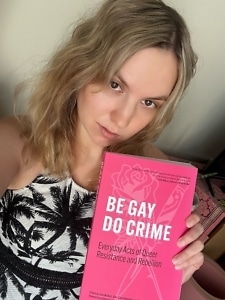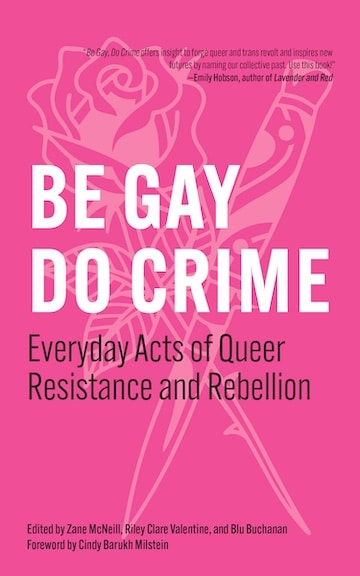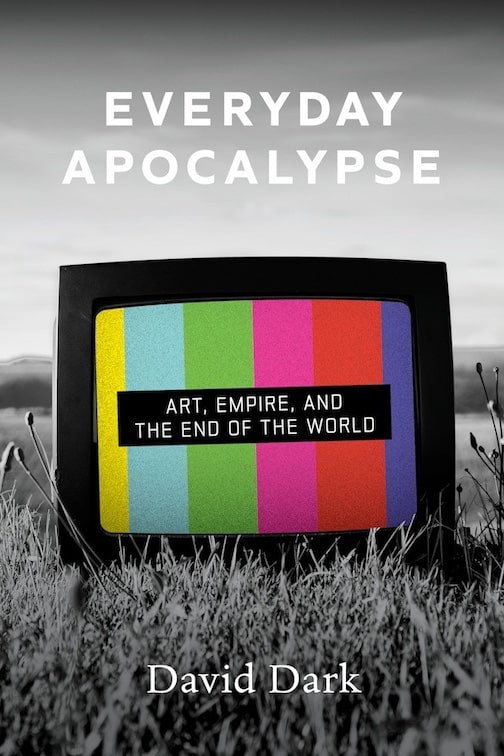Overcoming Obstacles
Tonya Abari’s The Six Triple Eight delivers a compelling piece of WWII history for children
The 6888th Central Postal Directory Battalion, known as the “Six Triple Eight,” was a predominantly Black unit in the U.S. Women’s Army Corps (WAC) during World War II. Tonya Abari tells their heroic but underappreciated story in her latest picture book, The Six Triple Eight.







 Ways to Support the Work
Ways to Support the Work